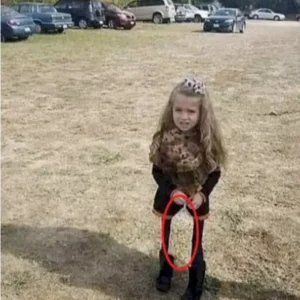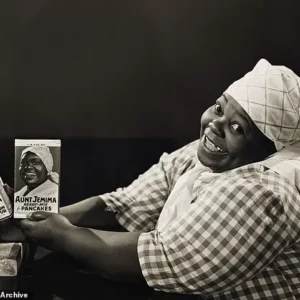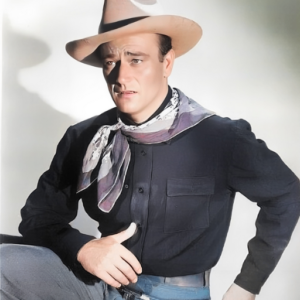The latest information from the U.S. Department of Health and Human Services AFCARS report states that in 2020, there were 407,493 children in foster care. The case plan goal for 28% of those children was adoption.
Other goals for youth in the foster care system include long-term foster care, reunification with parents, living with relatives, etc.
Both foster care and adoption are excellent ways of helping foster youth in need of a good loving home, but what’s the difference? Not everyone may understand the distinction or the connection between foster care vs. adoption.
We cover both processes so you can determine what might be best for you and your family and how you can make a difference. Our foster care advocates and social workers will be able to help you clarify any area you do not understand.
HOW DOES FOSTER CARE WORK?
Let’s start with the definitions. Foster care is a state-provided service to help children that cannot live with their biological parents because those parents cannot take care of them. Kids in the foster care system may end up there for various reasons, such as abuse or neglect or living in unsafe conditions.
Foster care is supposed to be a temporary solution. A Virginia Department of Social Services handles the law regarding the placement of a foster child and monitors and updates regulations that can impact the foster home, the responsibility for the child in your care, and the process for returning a biological child to their birth parents. But a Child Placing Agency (CPA) handles the day to day of support and services given to the child in your home. However, the foster care system is quite complex and involves federal, state, and local organizations. Children in the foster care system may live with other relatives or with unrelated foster care parents, known as Kinship care.
It’s important to note that while a child is in foster care, their legal guardian usually retains parental rights. These rights remain unless a child in the foster system is placed for adoption.
However, the biological parent does not have a say in where a child ends up if they enter the foster care system.
The cost is also different between foster care and adoption. Foster parents receive a government stipend to help care for the child, which covers costs associated with raising them, such as food, clothing, and housing.
THE FOSTER CARE PROCESS
Children of all ages, from infants through 21, depending on the state, Virginia is 0 – 18, can enter the foster care system. Kids may enter foster care for many reasons, such as neglect, abuse, abandonment, addiction, the death of their parents, etc. Essentially, these children enter the system because their current environment is not stable or safe for them to remain in.
Some will end up reunited with their parents or guardians. However, others will be placed in homes and either get adopted or age out of the system.
If reunification isn’t possible or in the child’s best interest, the child may end up in the care of a foster parent.
To become a foster parent, you must meet specific qualifications. For example, you must be able to provide a safe living environment, be financially capable of caring for the child, and have the time and energy to attend to their needs.
You’ll also need to attend training sessions and undergo a background check. There’s a home study and an interview process. These stipulations are in place for the foster child’s safety and ensure you’re a good match.
HOW DOES ADOPTION WORK?
The adoption process involves raising another person’s child as your own when the biological parents cannot do so or no longer have parental rights. Legal adoptions will include transferring all rights and responsibilities to the adoptive family, and your adoption agency will help with all the paperwork in conjunction with DSS.
Where foster parents receive a stipend to help financially support the child, an adoptive parent must pay these costs out of their pocket.
Another difference is that the placement of a foster child with a foster parent is a temporary situation. As we mentioned, the child may end up reuniting with their biological parents or relatives. How long a family fosters a particular child depends on their case, but some may only stay in the system for a few months.
Generally, a foster child will stay in a home for around six to eighteen months. The length of a child’s stay is a big difference in foster care vs. adoption.
The goal is always to find a loving and stable home for the child. Additionally, regarding adoption, the biological parent may have a say in the child’s placement unless their parental rights have been terminated.
Remember that while some children long to find a forever family, others may not want to be adopted. It’s essential to consider the child’s wishes on the matter to ensure they’re happy.
You still have options if you want to adopt a child through the foster care system.
FROM FOSTERING TO ADOPTION
The Adoption and Foster Care Analysis and Reporting System (AFCARS) state that 63,815 children were waiting to be adopted in 2020. Many of those kids were waiting for the right adoptive parents. In these cases, parental rights had been terminated.
Foster to adoptions is a bit different. It will involve paperwork, as all legal processes do, working with other organizations such as your CPA, and meeting specific requirements see home study article. Still, any child who is going to be adopted through foster care must be at home for at least six months before the adoption.
You also get to experience living with and parenting the child before making a choice. For many, this allows you to bond with the child and make sure you make a good match.
FOSTER CARE VS. ADOPTION: WHICH IS RIGHT FOR YOU?
Now you know a little bit more about foster care vs. adoption. There’s much more to learn about both of those options. However, there’s only so much we can cover in this guide.
Fostering and adoption are excellent choices if you’re interested in making a difference in a child’s life. When choosing which is best for you, you should talk with a foster parent advocate who can answer all your questions. Contact us to learn more and get started today!






